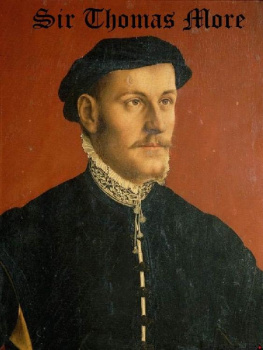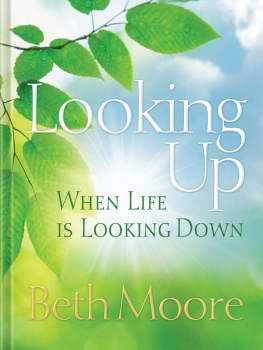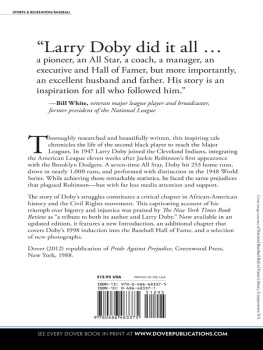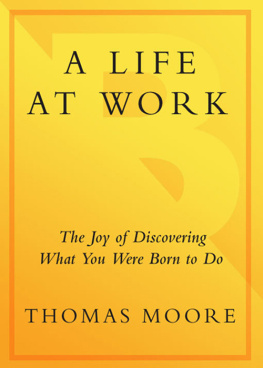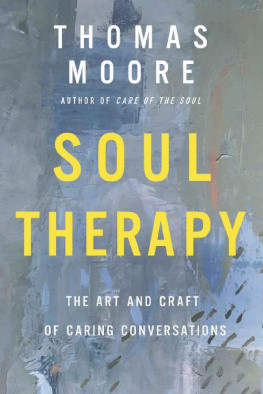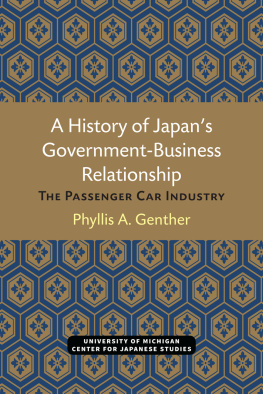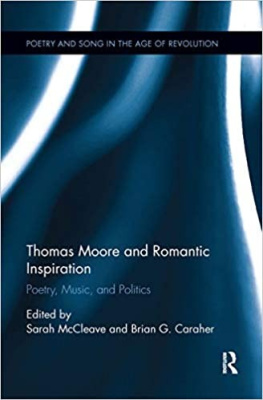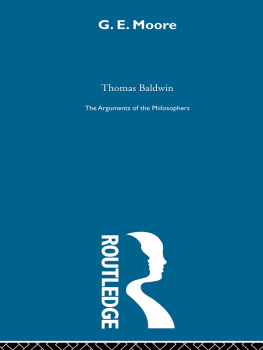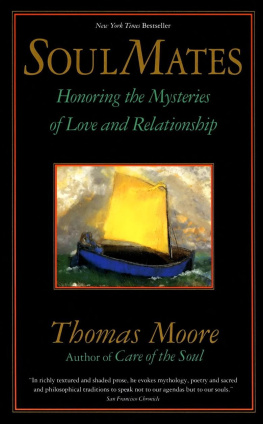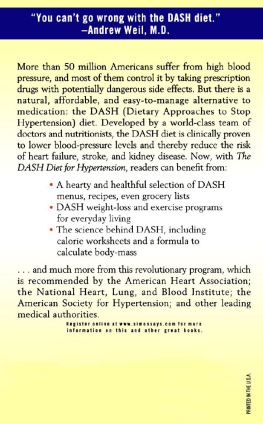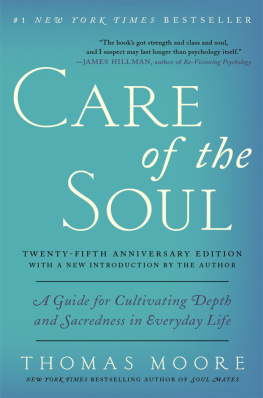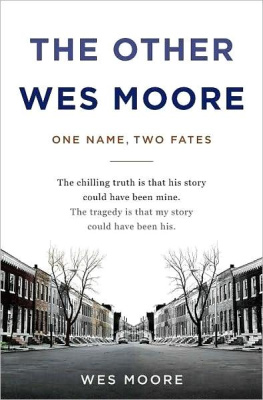Andrew Tisdale - Sir Thomas Moore
Here you can read online Andrew Tisdale - Sir Thomas Moore full text of the book (entire story) in english for free. Download pdf and epub, get meaning, cover and reviews about this ebook. year: 2017, genre: Non-fiction / History. Description of the work, (preface) as well as reviews are available. Best literature library LitArk.com created for fans of good reading and offers a wide selection of genres:
Romance novel
Science fiction
Adventure
Detective
Science
History
Home and family
Prose
Art
Politics
Computer
Non-fiction
Religion
Business
Children
Humor
Choose a favorite category and find really read worthwhile books. Enjoy immersion in the world of imagination, feel the emotions of the characters or learn something new for yourself, make an fascinating discovery.
- Book:Sir Thomas Moore
- Author:
- Genre:
- Year:2017
- Rating:3 / 5
- Favourites:Add to favourites
- Your mark:
- 60
- 1
- 2
- 3
- 4
- 5
Sir Thomas Moore: summary, description and annotation
We offer to read an annotation, description, summary or preface (depends on what the author of the book "Sir Thomas Moore" wrote himself). If you haven't found the necessary information about the book — write in the comments, we will try to find it.
Sir Thomas Moore — read online for free the complete book (whole text) full work
Below is the text of the book, divided by pages. System saving the place of the last page read, allows you to conveniently read the book "Sir Thomas Moore" online for free, without having to search again every time where you left off. Put a bookmark, and you can go to the page where you finished reading at any time.
Font size:
Interval:
Bookmark:
Thomas More
Thomas More rose from humble origins to achieve thehighest political and judicial office of England, second only to that of theking. He was recognized throughout early sixteenth-century Europe as one of thegreat lawyers, Christian humanists, and classical scholars of his day. ,Even ata very early age, More gave clear evidence of his uncommon gifts. Because ofthis, a family friend successfully persuaded his father to allow him to attendOxford University. More so enjoyed his studies there that his father becamealarmed. Two years into the program, he decided that his son should learnsomething useful. Under what seems to have been considerable coercion, Thomasreturned to London to study law at New Inn. Although this law program was amongthe best and most demanding in London, More found time to continue his study ofGreek, philosophy, literature, and theology with such world-renowned teachersas Linacre, Grocyn, and Colet, as well as with the pious and learned Carthusians.
Sir Thomas More, an outstanding public figure of the 16th centurywas a brilliant lawyer, a royal favourite and Chancellor of England.
He was a son of a lawyer. A the age of 12 he went to serve in thehousehold of Cardinal Morton, Archbishop of Canterbury and Chancellor ofEngland; at 14 he went to Oxford University. At 16 he returned to London tostudy law and became immediate friends with the Dutch scholar Erasmus, theleader of the New Learning. He did well at his legal studies, but his mindturned more and more to religion. After 4 years at a monastery he began workingas a lawyer and was brilliantly successful. In 1509 Henry VIII came to thethrone. Well-educated, humorous and modes, Thomas became a royal favourite andwas given important positions. He was knighted, made a member of the KingsCouncil and then Speaker of the House of Commons. He wrote an internationalbest-seller Utopia which represented and ideal society.
At this time, Henry VIII was thinking about divorcing Catherine ofAragon who had not produced a son. Cardinal Wolsey failed to persuade PopeClement that he should grant a legal royal divorce. In 1529 Henry VIII dismissedWolsey as Chancellor and charged him with treason. Thomas More was appointedChancellor and became the highest judge in the country; as a judge, he wasabsolutely fair in all his judgements.
Though an affectionate husband, father and son, Thomas More wasmerciless to heretics. Being very religious, he believed that heretics shouldbe trodden underfoot like ants and made to confess by torture if necessary.During his time as Chancellor, 6 Protestants were burnts, with his fullapproval.
Trying to obtain his divorce, the King accused the English clergy ofaccepting the Popes authority instead of that of the Kings. Realizing thatthis threatened the unity of the Catholic Church, Thomas More gave up hisChancellorship in 1532. The King was legally divorced and married Anne Boleyn.Sir Thomas More didnt attend her coronation. He refused to swear a public oathto accept the parliamentary act which supported the Kings divorce. Opposingthe divorce, he was still loyal to his king: he would not give reasons of hisrefusal, because that might weaken the Kings authority and lead to a rebellionor a Civil war. In April of 1534 he was imprisoned in the Tower of Londonwithout hope of release. The Parliament accepted a new act in which Henrystitle of the Supreme Head of the Church of England was stated. Though hisfamily was suffering hardship, Thomas More didnt say a word showing hisagreement to Henrys title. Thomas More was accused of treason and in July of1535 faced his accusers.
On July 6 he was beheaded, and his head was fixed on a spike on theLondon Bridge as a dreadful warning.
In 1935, exactly 400 years after his death, the Pope officiallydeclared Sir Thomas More a saint.
Meanwhile, More excelled at his legal studies at the NewInn. Once finished, he read through the law again at Lincoln's Inn for two moreyears, after which he was chosen as reader at Furnivall's Inn and reappointedfor three successive years - a considerable honor for such a young man. Duringthese years of studying and teaching, More continued an intense life of prayer,during which time he sought to discern his vocation in life. By the age of 25,More was convinced that his place was with city and family, not monastery andcell. At 26 he was elected to Parliament; at 27 he married Jane Colt andfathered four children in the next five years. Jane died when More was 33,leaving him with four young children during the height of his career as a lawyer.Despite his deep sorrow, he married again within one month for the sake of hischildren. He married the best woman he knew, Alice Middleton, who had neitherhis interests nor his playful temperament and who was six or seven years hissenior. As Erasmus recounts, she was "neither a pearl nor a girl ... but ashrewd and careful housewife."He marvels that More's" life with heris as pleasant and agreeable as if she had all the charm of youth, and with hisbuoyant gaiety he wins her to more compliance than he could by severity."
In Utopia More discusses the difficulties ofcounseling (as a lawyer) princes. This awareness kept him from acceptingfrequent invitations to serve Henry VIII, whose policies were often quiteopposite to the humanist's philosophy. He finally accepted Henry's fee late in1517 and had a solid career in diplomacy (the conduct in dealing with othernations), legal service, and finance. In 1529 he was chosen as the successor toCardinal Wolsey as chancellor (secretary of the king) of England.
More's early doubts, however, proved justified. UnderWolsey's direction More, as Speaker of the House of Commons in 1523, promoted awar tax so unpopular that its collection was discontinued.
(to make invalid) of Henry's marriage to Catherine of Aragon (14851536) had raisedMore to highest office, and had placed him in the increasingly distressing roleof Henry's chief agent in the strategies that began to sever England from Rome.More was deeply engaged in writings against Lutherans, defending thefundamental (essential) rules of the Church, whose serious defects he knew.More cannot justly be held responsible forthe increased number of Protestants killed during his last months in office,but this was the gloomiest phase of his career. He continued writing until ayear after his resignation from office, given on May 16, 1532, which was causedby illness and distress over England's separation from the Catholic Church.
More recognized the dangers that his Catholic writingsmight bring in the upside-down world of Henry's break with Rome. So he tried toavoid political controversy (open to dispute). But Henry pressed him for apublic acknowledgment of the country's break from Rome in 1534. More refused totake the
accompanying oath that denied the pope's power in England.
More's last dramatic yearfrom the first summons forquestioning on April 12, 1534, through imprisonment, trial for treason (the act of betraying one's country), defiance of his lying accusers, andfinally execution (a death sentence carried out legally) on July 6, 1535should not be allowed to overshadow his entirelife's experience. Its significance extends beyond the realm of English history.For many of Europe's most critical years, More worked to revitalize theChristian world. He attacked those who most clearly threatened its unity; onceconvinced that Henry VIII was among their number, More withdrew his service andresisted to his death the effort to remove his loyalty.
With his gifts of intellectual genius andendearing wit plus his reputation for virtue, More was much sought after as alawyer and diplomat. He was chosen, for example, by the London merchants torepresent them on three major embassies to foreign countries. At the age of 32,he began his work as a judge, a position that made him well-known and lovedamong the general London citizenry.
Font size:
Interval:
Bookmark:
Similar books «Sir Thomas Moore»
Look at similar books to Sir Thomas Moore. We have selected literature similar in name and meaning in the hope of providing readers with more options to find new, interesting, not yet read works.
Discussion, reviews of the book Sir Thomas Moore and just readers' own opinions. Leave your comments, write what you think about the work, its meaning or the main characters. Specify what exactly you liked and what you didn't like, and why you think so.

